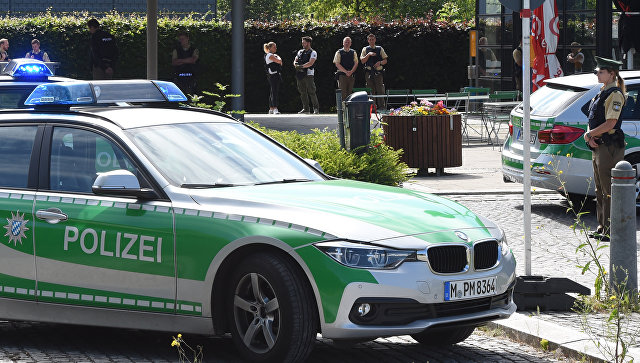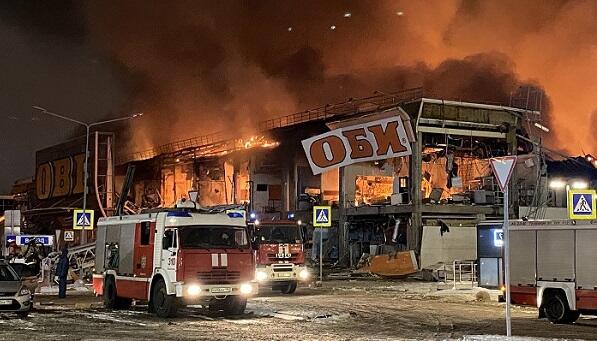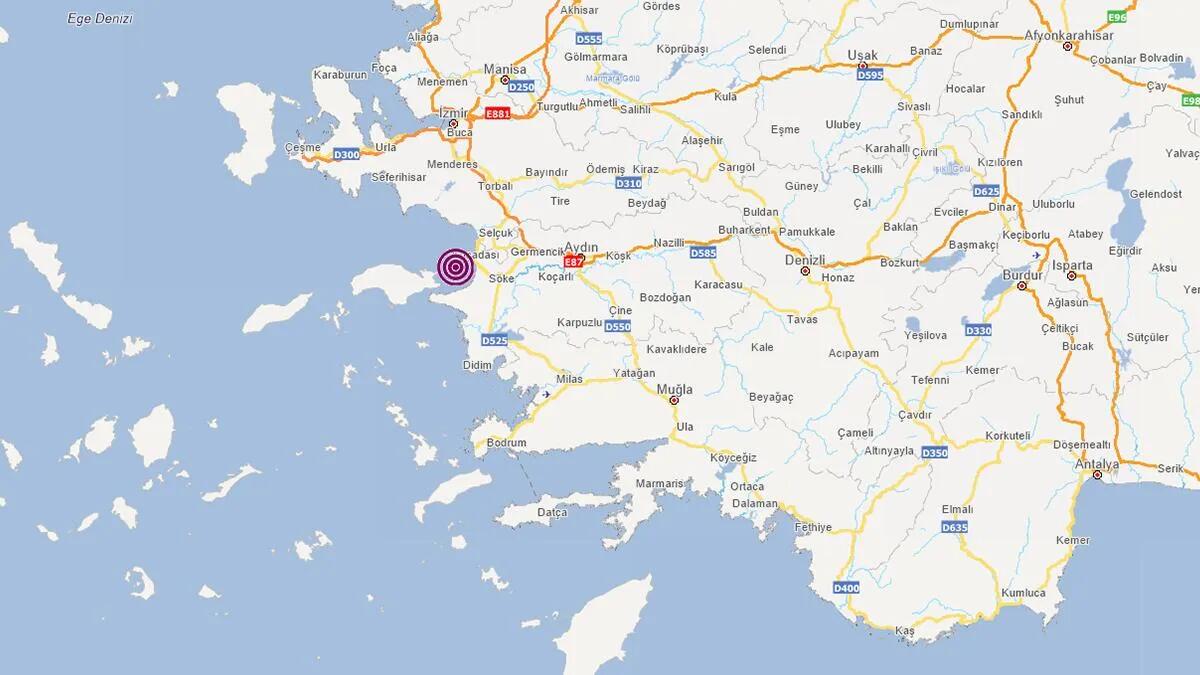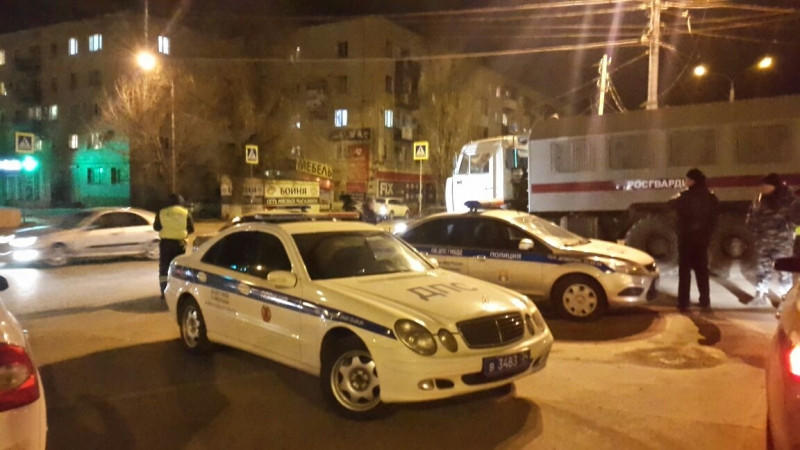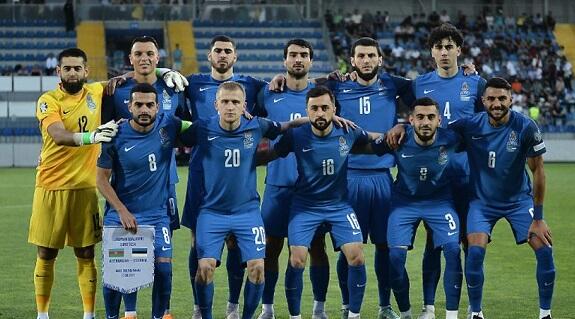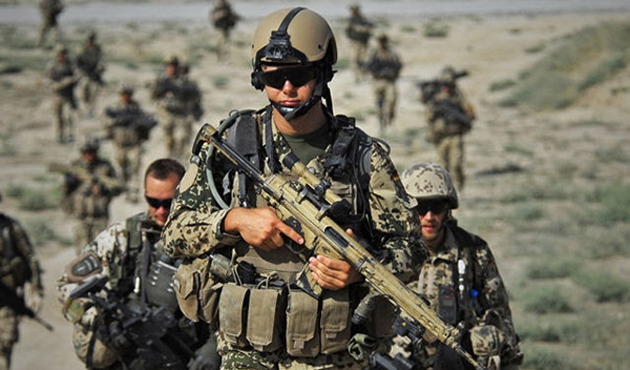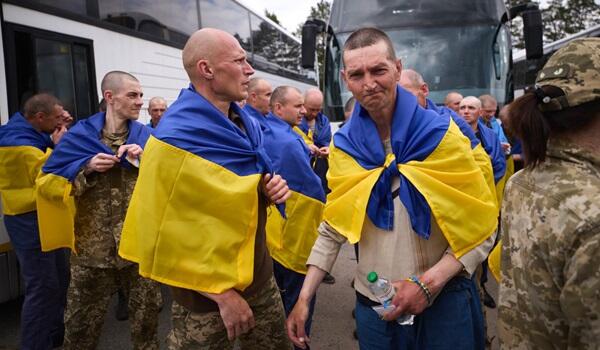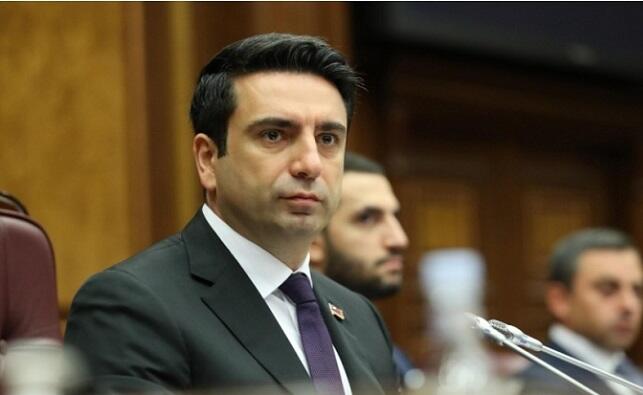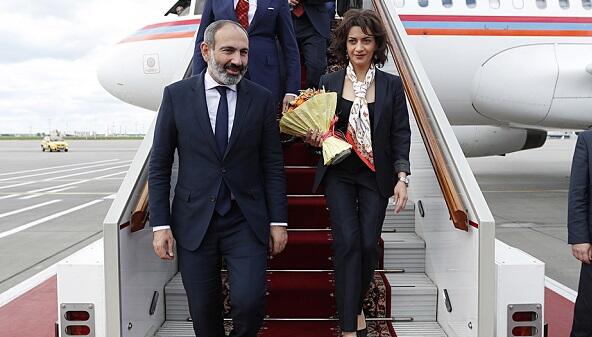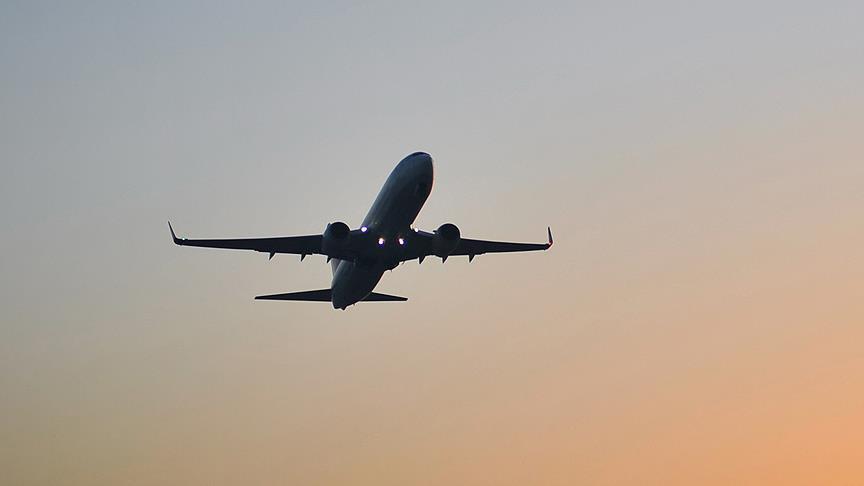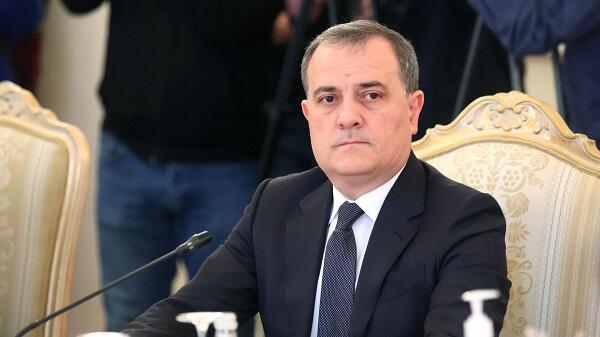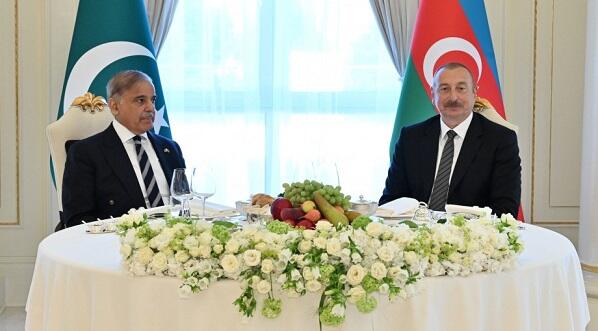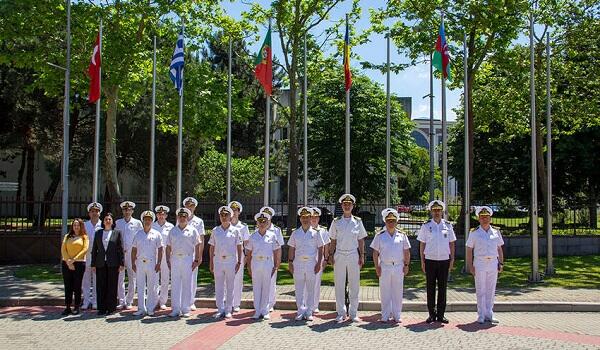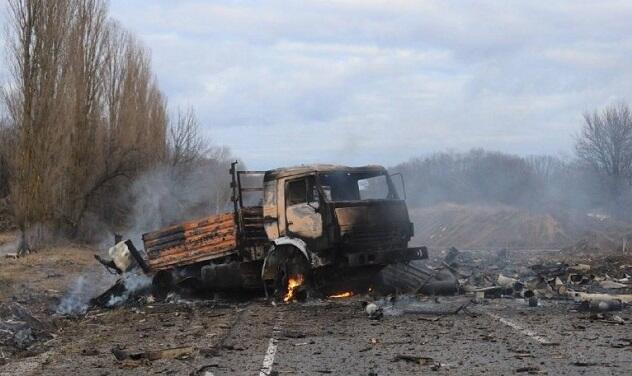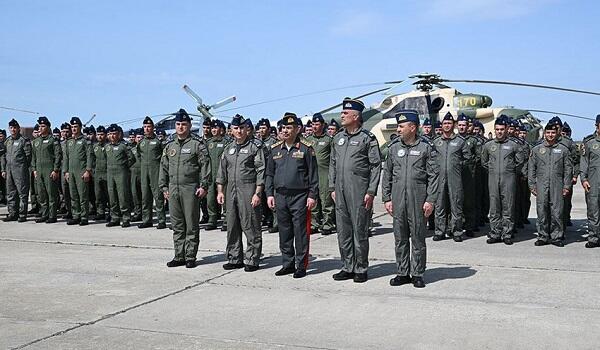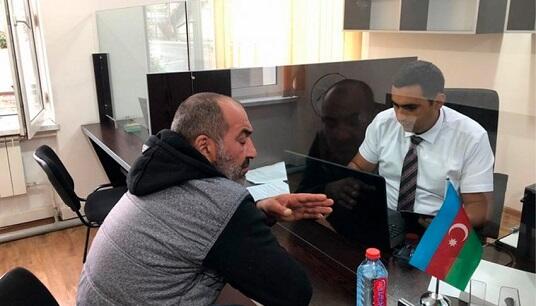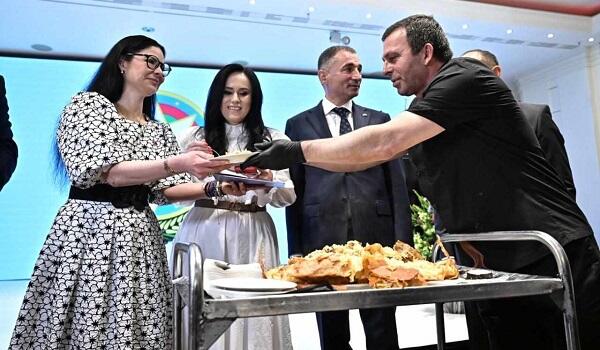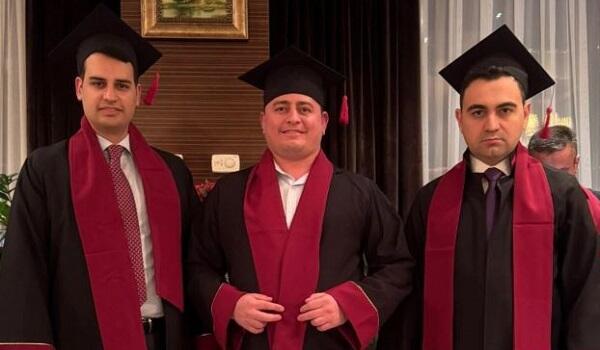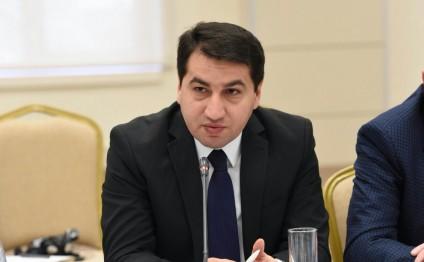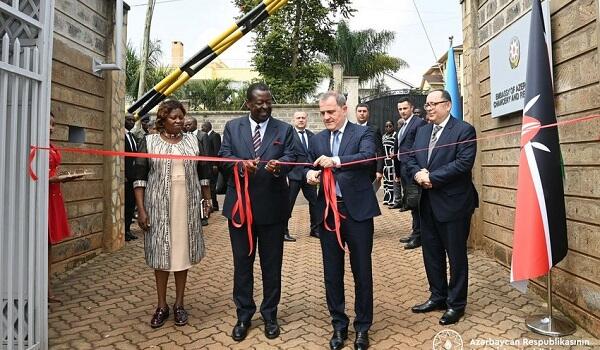The State Migration Service and the Ministry of Labor and Social Protection of the Population released joint information on the process of reintegration of Armenians in Karabakh.
Axar.az reports that in the information, it was emphasized that the State Migration Service and the Ministry of Labor and Social Protection of the Population are continuing relevant work in the region within the framework of the relevant tasks given to the Working Group on solving social, humanitarian, economic and infrastructure issues in the Karabakh region.
It was noted that in order to join the reintegration process, 13 people were physically present on the spot and 2 people were registered electronically through the special portal reintegration.gov.az, a total of 15 residents voluntarily submitted all the necessary information to the State Migration Service. applied. The applications of each of the residents for preliminary registration were accepted and they were told that they would be given additional information about the implementation of their applications. The applicants stated that they want to live in the Karabakh economic region and benefit from the protection of the Azerbaijani state by leaving the citizenship of Armenia and acquiring the citizenship of the Republic of Azerbaijan. In addition, the State Migration Service conducted legal education with the residents during the mobile reception in the region and informed them about the reintegration process.
Also, reintegration applications are accepted, and executed, and educational work is carried out through the portal reintegration.gov.az (including Call Center, WhatsApp, Chat, and e-mail). To date, a total of 98 applications have been submitted to the State Migration Service through the portal.
Most of the requests from people expressing interest in the reintegration process were inquiries, as well as information and support for initial registration, and each was answered accordingly.
Also, the employees of the Ministry of Labor and Social Protection of the Population sent to the region conducted assessment and education work with the residents on initial socio-psychological, social services, and rehabilitation services to determine the current needs related to the humanitarian situation, identified the needs, and also gave advice on disability and rehabilitation services.




